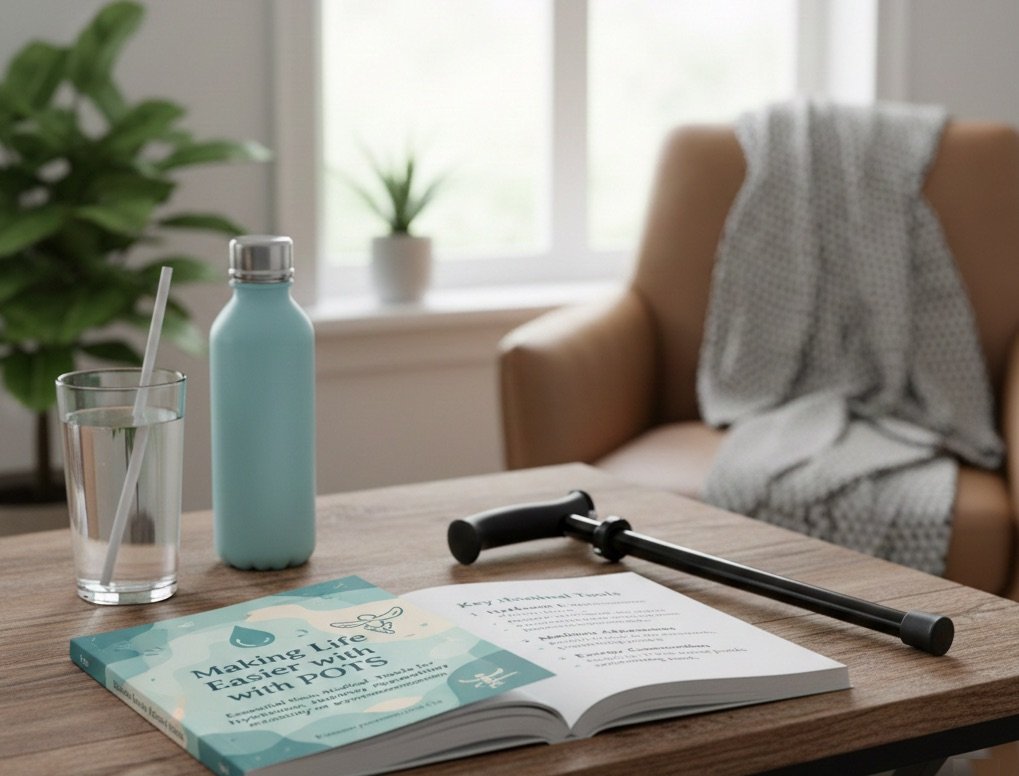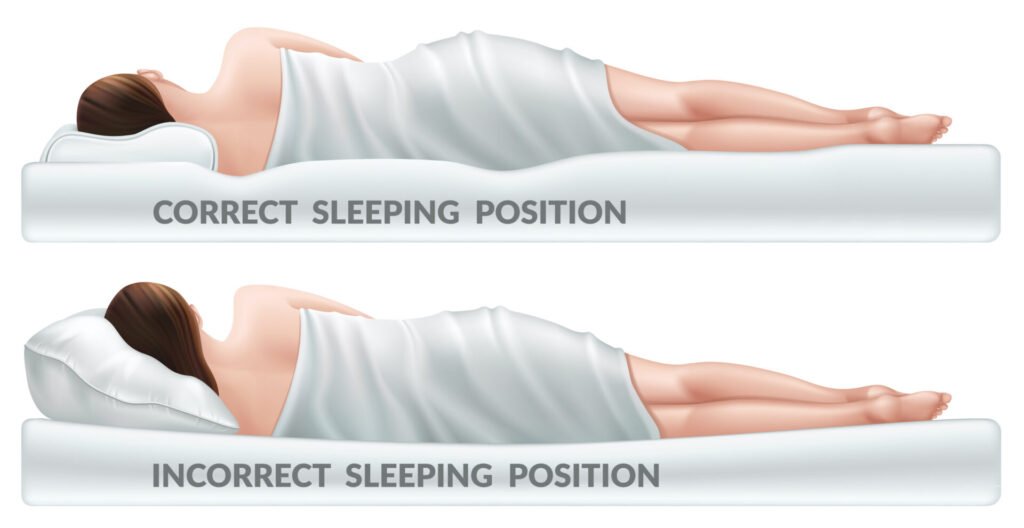Making Life Easier with POTS
This guide explores essential non-medical tools for POTS, helping individuals enhance their quality of life through hydration support, mobility adjustments, and energy conservation techniques.
Living with Postural Orthostatic Tachycardia Syndrome (POTS) often means navigating daily symptoms like dizziness, fatigue, and temperature intolerance. While medical treatments play a crucial role, non-medical tools can significantly improve comfort, mobility, and symptom management.
Electrolyte Drinks/Powders
Proper hydration is critical, as fluid and electrolyte balance directly influences blood pressure, circulation, and autonomic stability. Individuals with POTS often experience low blood volume and difficulty regulating vascular tone, making electrolyte-rich hydration an essential part of daily symptom management.
Do you adjust your diet based on your POTS subtype?
Benefits of Electrolytes for POTS
Electrolyte supplements provide key minerals that support cardiovascular function and help stabilize blood flow.
- Prevent dehydration-related dizziness and fatigue – Ensures adequate blood volume, minimizing orthostatic intolerance.
- Support autonomic stability by maintaining vascular tone – Helps regulate heart rate fluctuations and blood pressure shifts.
- Help balance sodium, potassium, and magnesium levels – Essential for neuromuscular function and fluid retention.
Best Ways to Use Electrolyte Supplements
Mix Electrolyte Powders into Water
Electrolyte powders allow for customizable sodium intake, helping maintain hydration and vascular support throughout the day.
- Dissolve powders in a large water bottle for steady fluid consumption.
- Choose formulas that include balanced sodium-potassium ratios to enhance circulatory function.
- Avoid options with excess sugar, which can cause energy crashes and blood pressure fluctuations.
Use Pre-Made Drinks with Balanced Sodium Content
Convenient electrolyte drinks offer immediate hydration and prevent fluid depletion in high-risk situations like warm climates or post-exertion recovery.
- Select beverages containing at least 500–1,000 mg of sodium per serving for effective symptom management.
- Look for low-sugar varieties to avoid unnecessary insulin spikes.
- Opt for brands with added magnesium to support neuromuscular and autonomic function.
Opt for Sugar-Free Options to Avoid Blood Sugar Spikes
Some electrolyte drinks contain excessive sugar, which can contribute to unstable blood pressure and worsening fatigue.
- Choose formulations with natural sweeteners or no added sugars.
- Maintain consistent hydration with electrolyte-infused water rather than sugar-loaded sports drinks.
- Ensure electrolyte intake aligns with daily sodium needs and activity levels.
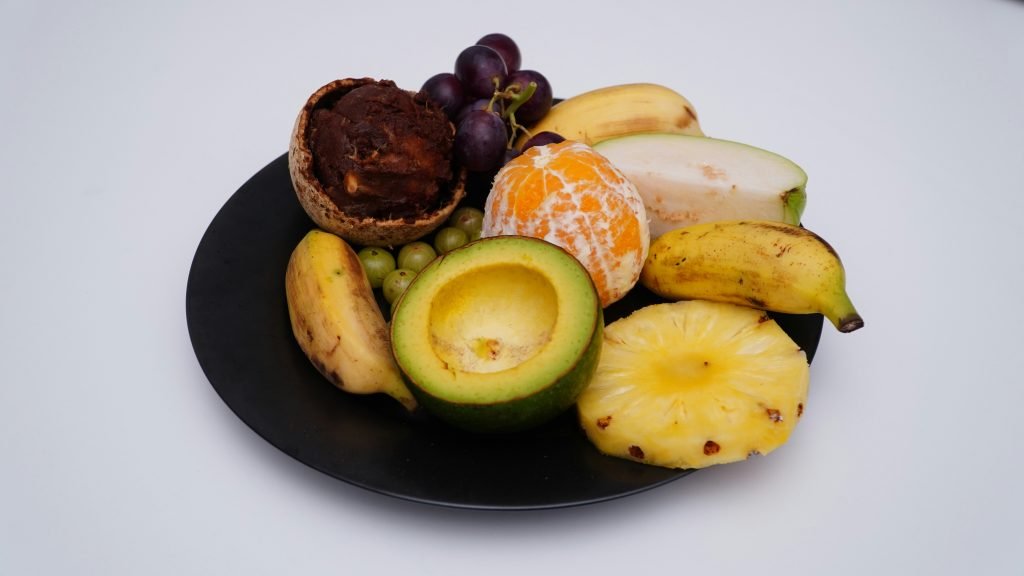
Salt Tablets
Salt supplementation plays a crucial role in POTS management, helping individuals maintain blood pressure stability, fluid retention, and circulation regulation. Since low blood volume is common in dysautonomia, increasing sodium intake can improve vascular tone and reduce orthostatic intolerance.
How Salt Tablets Help
Salt tablets are a quick and efficient way to increase daily sodium intake for optimal hydration and autonomic stability.
- Boost sodium levels, preventing orthostatic dizziness – Helps maintain vascular constriction to prevent blood pooling.
- Support hydration by enhancing fluid absorption – Sodium encourages the body to retain fluids, improving blood volume regulation.
- Convenient for travel or on-the-go symptom management – Easily portable for consistent sodium intake throughout the day.
Using Salt Tablets Effectively
Maximizing the benefits of salt tablets requires proper dosing and hydration balance.
- Pair tablets with water to avoid dehydration – Sodium works best when fluid intake is sufficient, preventing electrolyte imbalances.
- Adjust intake based on personal sodium needs – Some individuals may need higher or lower doses, depending on their daily salt consumption and activity level.
- Consider slow-release options for gradual absorption – Extended-release formulations prevent sodium spikes, offering steady electrolyte support throughout the day.

Bath Salts & Epsom Salts
Using Epsom salts or sea salts in bath therapy can provide muscle relaxation, pain relief, and circulatory benefits, making it an effective non-medical tool for POTS management. The magnesium content in Epsom salts supports nerve function and autonomic regulation, helping to ease discomfort caused by poor circulation and orthostatic intolerance.
Benefits of Salt Baths
A warm bath infused with Epsom or sea salts can alleviate common POTS symptoms by improving muscle function and blood flow.
- Improve muscle recovery and reduce joint pain – Helps relieve stiffness and tension caused by circulation instability.
- Support magnesium absorption, aiding nerve function – Magnesium plays a key role in neuromuscular coordination and autonomic regulation.
- Enhance vascular circulation, minimizing symptom flare-ups – Warm water and minerals promote blood flow and relaxation, reducing dizziness and fatigue.
Tips for Salt Bath Use
To maximize the therapeutic effects of salt baths, consider incorporating specific soaking techniques.
- Add two cups of Epsom salt to warm water for a deeply relaxing soak that enhances muscle recovery and circulation.
- Soak for 15–30 minutes to allow full mineral absorption while minimizing strain on the autonomic system.
- Combine with essential oils or gentle stretching post-bath to amplify relaxation and muscle release.
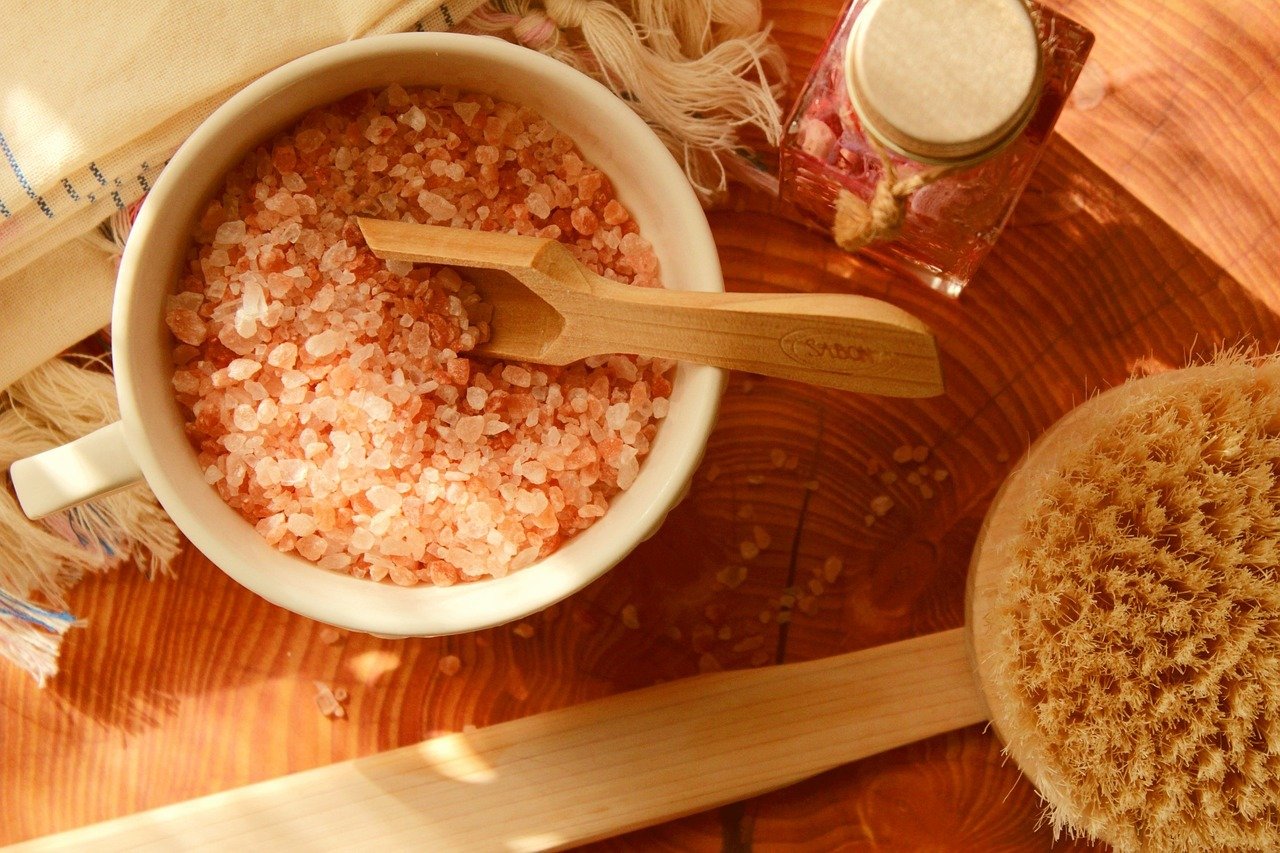
Shower Chairs
Standing in hot water can worsen dizziness, fatigue, and blood pressure instability. A shower chair provides postural support, allowing users to bathe safely and comfortably without excessive exertion.
How Shower Chairs Help
Incorporating a shower chair into daily bathing routines can minimize symptom triggers while ensuring stability.
- Provide postural support, reducing orthostatic intolerance – Helps prevent blood pooling and sudden drops in blood pressure.
- Allow rest periods, minimizing exertion – Sitting conserves energy and prevents heat-induced fatigue or tachycardia episodes.
- Help maintain safe bathing practices – Reduces the risk of falls or dizziness-related accidents.
Choosing the Right Shower Chair
Selecting the ideal shower chair requires considering comfort, accessibility, and safety features.
- Adjustable height options improve accessibility – Ensures proper posture and ergonomic support.
- Non-slip surfaces prevent falls – Rubberized grips provide stability in wet conditions.
- Lightweight, foldable designs make storage easier – Portable models allow for easy movement and compact storage.
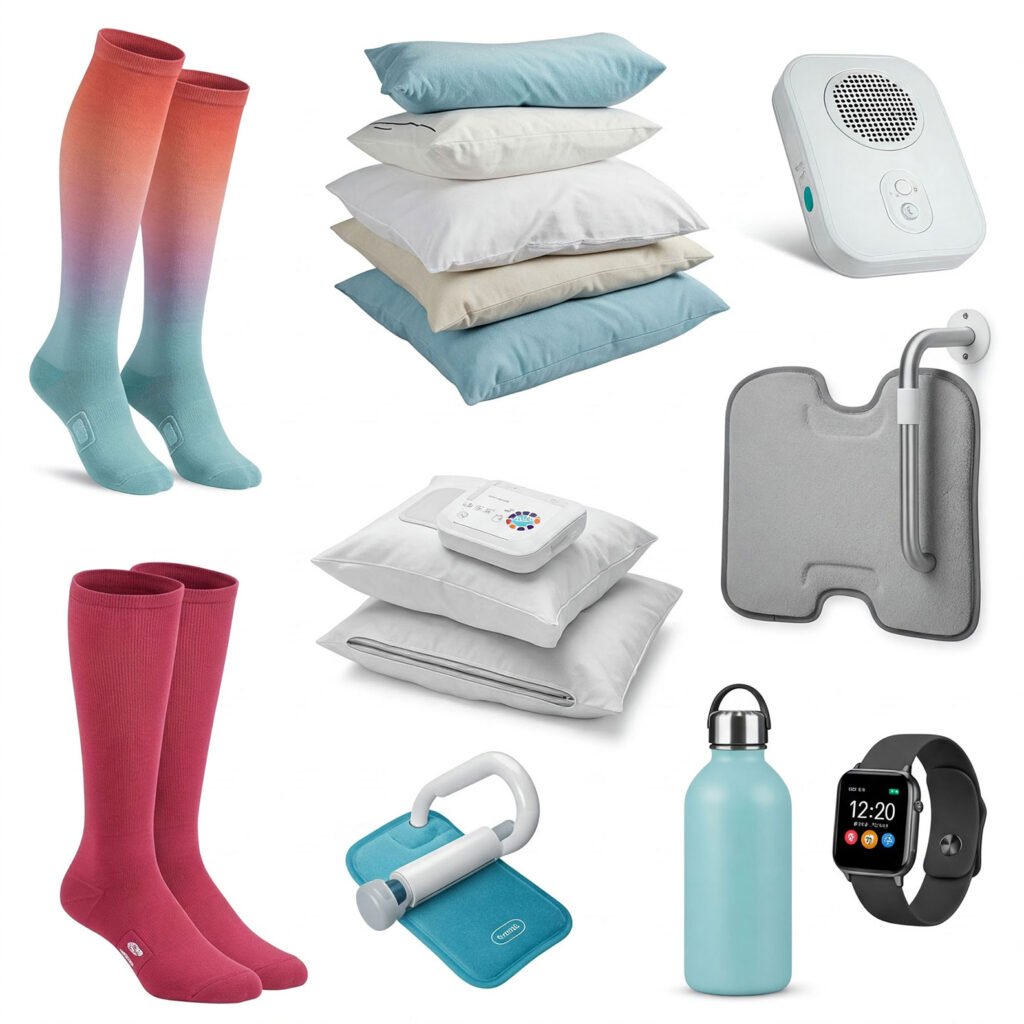

GnarlyTree | DIET AND EATING
Grow Your Own Greens for POTS | Easiest Greens to Grow At Home
Managing Postural Orthostatic Tachycardia Syndrome (POTS) often involves strategic lifestyle choices, including nutrition and hydration. Fresh, homegrown juicing greens can provide essential nutrients that support circulatory stability, autonomic regulation, and overall health. If you’re looking...
Grabber Tools
Excessive standing and bending can trigger dizziness, fatigue, and blood pressure instability. Grabber tools help minimize physical exertion, enabling independent mobility while reducing strain on joints and circulation.
Uses for Grabber Tools
Incorporating a grabber tool into daily activities makes household tasks more accessible and energy-efficient.
- Retrieve items from high shelves or low surfaces – Prevents excessive stretching or crouching, which can trigger orthostatic intolerance.
- Reduce strain on joints and circulation – Limits movement that worsens blood pooling or muscular fatigue.
- Enhance independent movement without standing – Allows users to remain seated while completing routine tasks, conserving energy and reducing symptoms.
Best Features to Look For
Selecting the right grabber tool ensures efficiency, durability, and ease of use.
- Long-reach designs prevent unnecessary movement – Helps access objects without needing to stand or overextend limbs.
- Ergonomic grip handles ensure ease of use – Reduces strain on fingers and wrists, improving control.
- Durable materials for lasting reliability – Ensures stability when lifting heavier or awkwardly shaped items.
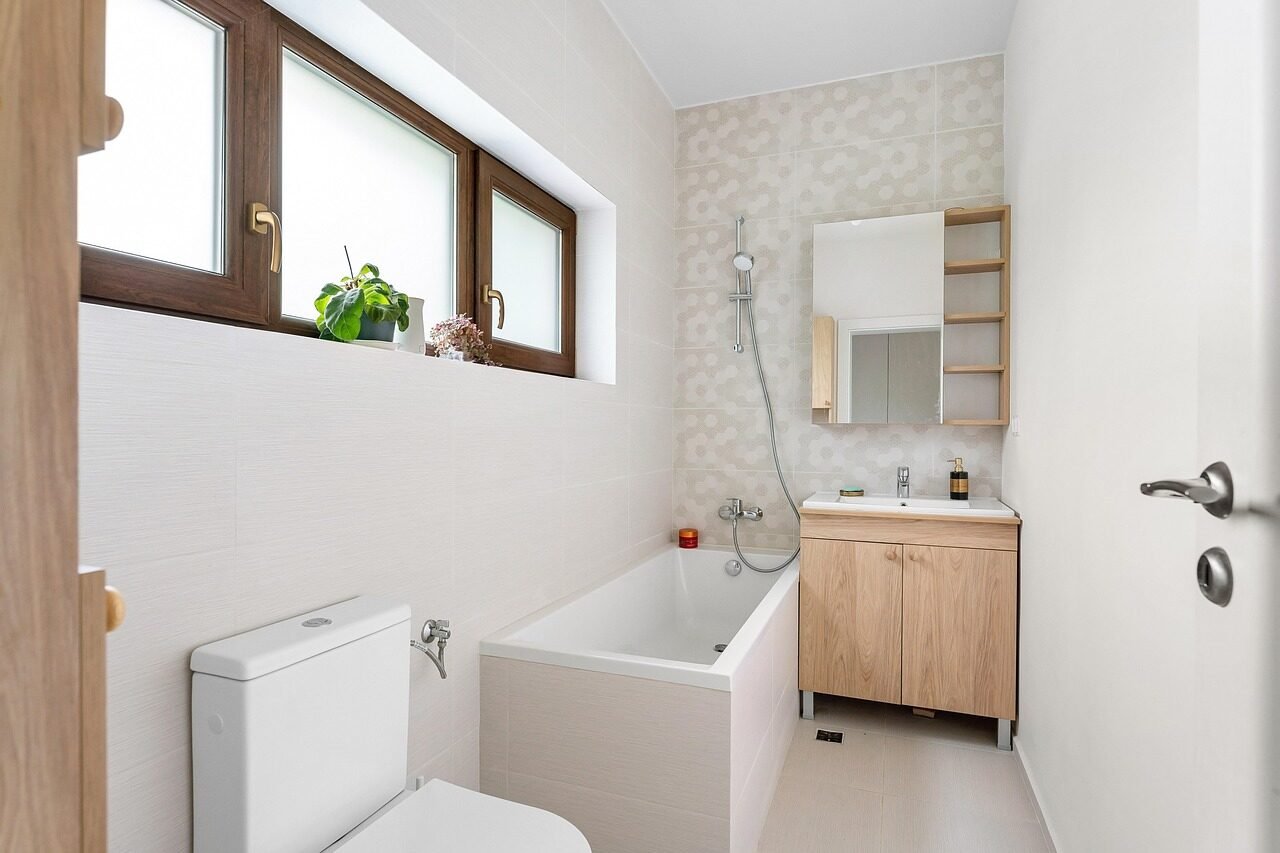
Water Bottles with Measurement Marks
Proper hydration is essential, as it supports blood pressure stability, circulation, and overall autonomic function. Many individuals struggle with tracking their daily fluid intake, making measurement-marked water bottles an invaluable tool for maintaining hydration consistency.
Why Marked Bottles Matter
Using a water bottle with measurement indicators simplifies hydration management, ensuring adequate fluid and electrolyte intake.
- Encourage consistent hydration throughout the day – Visual reminders promote regular fluid consumption, helping prevent symptom flare-ups.
- Help track daily fluid intake goals – Easily monitor how much water has been consumed, ensuring hydration targets are met.
- Prevent underdosing or overdosing on electrolyte supplements – Allows users to accurately mix electrolytes without exceeding recommended sodium intake.
Features to Consider
When choosing a measurement-marked water bottle, look for designs that enhance ease of use, portability, and hydration tracking.
- Time-marked bottles remind users when to drink – Hourly markers encourage steady fluid consumption rather than sporadic intake.
- Leak-proof designs improve portability – Prevent spills while traveling or managing hydration on the go.
- Large capacity bottles reduce refill frequency – Holding 1–2 liters ensures consistent hydration without frequent interruptions.

Pill Organizers
Managing POTS often requires strict adherence to daily medications and supplements, making pill organizers an essential tool for routine tracking and symptom management. Organizers ensure medication consistency, preventing missed doses and simplifying treatment schedules.
How Pill Organizers Help
Using pill organizers improves medication adherence and travel convenience, reducing the risk of dose confusion or skipped treatments.
- Prevent missed doses or medication confusion – Organizers separate medications by day and time, ensuring accurate intake.
- Make traveling with medications easier – Compact designs allow for organized transport, preventing spills or mix-ups.
- Improve daily symptom management strategies – Consistent dosing stabilizes symptoms, helping individuals maintain autonomic function and energy levels.
Choosing the Best Pill Organizer
Selecting the right pill organizer depends on individual medication needs, daily schedules, and portability preferences.
- Multi-compartment designs separate medications – Ideal for morning, afternoon, and evening doses, ensuring clear sorting.
- Portable, compact sizes fit easily in bags – Travel-friendly designs keep medications accessible and neatly stored.
- Weekly or daily sorting options allow customization – Users can choose between single-day compartments or full-week layouts based on routine preferences.
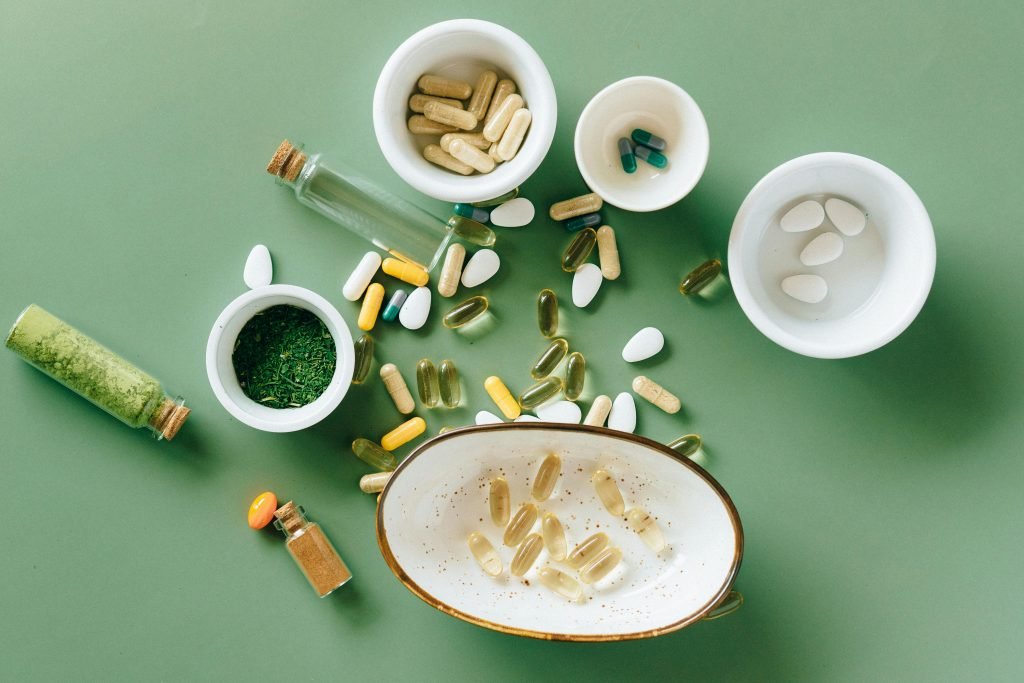
Fans and Cooling Towels
Heat intolerance can worsen dizziness, fatigue, and blood pressure instability. Managing body temperature regulation is essential for preventing symptom flare-ups, making cooling tools like fans and cooling towels invaluable for daily comfort.
Cooling Tools for POTS
Using portable and wearable cooling aids helps mitigate heat sensitivity by lowering core temperature and improving air circulation.
- Handheld fans provide instant relief in warm environments – Ideal for outdoor settings, crowded spaces, and high-humidity conditions.
- Cooling towels lower body temperature quickly – Work by drawing heat away from the skin, preventing overheating.
- Portable air conditioners improve home comfort – Maintain a stable indoor temperature, preventing heat-triggered symptom spikes.
Best Practices for Cooling Use
Incorporating cooling tools into daily routines ensures consistent temperature regulation, reducing symptom intensity.
- Wear moisture-wicking fabrics to support heat reduction – Helps absorb sweat and enhance breathability.
- Carry a portable fan during outdoor activities – Ensures continuous airflow, reducing environmental heat exposure.
- Soak cooling towels in ice water before use – Maximizes cooling effects, preventing body heat accumulation.

GnarlyTree | DIAGNOSTIC TESTS & CARE
Understanding the Role of a Neurologist for a POTS Patient?
Because POTS involves the nervous system, neurologists often play a central role in diagnosis, management, and long‑term care. This article explores how neurologists support POTS patients, what to expect during consultations, and why their expertise...
Anti-Fatigue Mats
Prolonged standing can exacerbate fatigue, dizziness, and circulation instability. Anti-fatigue mats provide supportive cushioning, reducing strain on the legs and autonomic system, making them a practical addition to workspaces, kitchens, and other areas where standing is unavoidable.
Benefits of Anti-Fatigue Mats
Incorporating anti-fatigue mats into daily routines helps enhance circulation and minimize postural stress, preventing unnecessary symptom triggers.
- Improve postural support, reducing strain – Helps maintain proper weight distribution, reducing pressure on the lower body.
- Minimize leg fatigue during standing activities – Encourages gentle movement, reducing blood pooling and discomfort.
- Offer cushioning that enhances circulation – Absorbs shock and encourages micro-movements, which help regulate vascular flow.
Choosing a Quality Anti-Fatigue Mat
Selecting the right anti-fatigue mat ensures maximum comfort and symptom relief while providing stability and durability for regular use.
- Look for thick, shock-absorbent materials – Provides adequate cushioning to reduce joint impact and muscular strain.
- Opt for non-slip designs for stability – Prevents accidental slips or uneven standing posture.
- Select easy-to-clean surfaces – Ensures hygienic maintenance, especially for mats used in kitchens or high-traffic areas.

Reusable Ice Packs
Cold therapy can be an effective way to manage inflammation, muscle tension, and circulation issues for individuals with POTS. Reusable ice packs provide targeted cooling relief, helping to ease discomfort during flare-ups and heat sensitivity episodes.
Ice Pack Uses for POTS
Incorporating ice therapy into symptom management can support vascular function and autonomic stability, reducing discomfort and preventing worsening symptoms.
- Reduce muscle strain and nerve pain – Helps alleviate tension caused by blood pooling and circulation imbalances.
- Provide cooling relief during heat sensitivity episodes – Prevents overheating, dizziness, and worsening fatigue.
- Help ease headaches or circulation-related discomfort – Supports vasoconstriction, reducing migraine-like symptoms and pressure imbalances.
Optimal Ice Pack Features
Choosing the right reusable ice pack ensures effective cooling and long-term durability, improving symptom relief.
- Flexible, reusable gel designs for targeted relief – Conforms to the affected area for efficient temperature regulation.
- Long-lasting cooling technology – Helps maintain consistent cold therapy without frequent reheating or replacements.
- Adjustable strap options for convenience – Ensures secure placement without excess movement or discomfort.
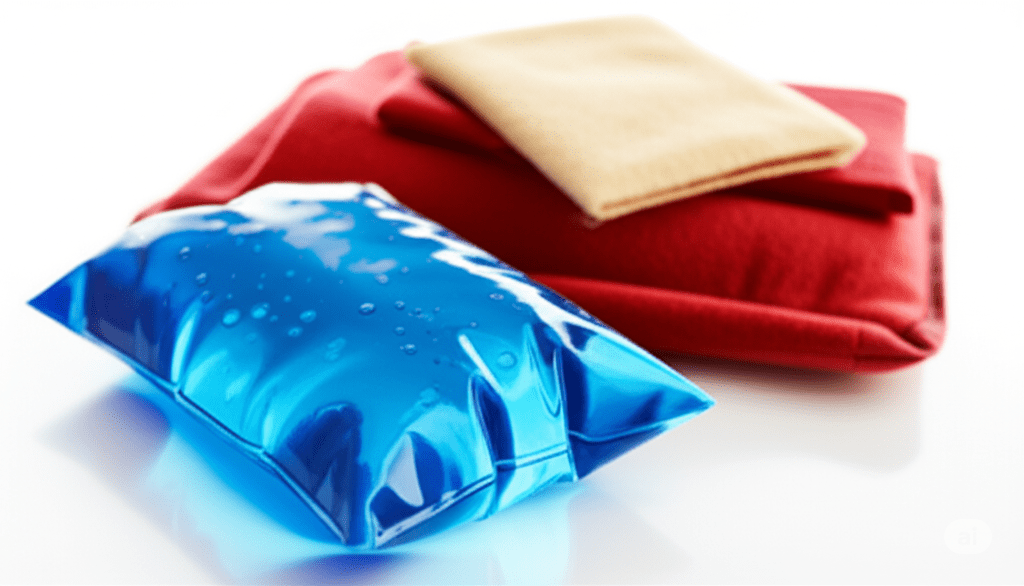
Body Pillows
Individuals with POTS often experience discomfort related to sleep posture, joint strain, and circulation challenges, making body pillows a valuable aid for nighttime relief. A properly designed pillow can improve spinal alignment, pressure distribution, and muscle support, enhancing overall rest quality.
How Body Pillows Help
Using a supportive body pillow can improve autonomic stability and sleep consistency, preventing discomfort throughout the night.
- Improve spinal alignment and pressure relief – Helps maintain neutral posture, reducing tension buildup.
- Reduce sleep disturbances linked to autonomic instability – Supports heart rate regulation and postural balance during sleep.
- Support joint cushioning for pain management – Reduces impact on sensitive pressure points, preventing overnight stiffness.
Choosing a Good Body Pillow
Selecting the right body pillow ensures optimal comfort and symptom relief, tailored to individual sleep needs.
- Memory foam options offer customized support – Conforms to the body for personalized spinal alignment.
- Adjustable designs fit different sleep positions – Allows users to adapt pillow placement based on their sleeping posture.
- Cooling fabric covers enhance overnight comfort – Regulates body temperature, preventing overheating and restlessness.
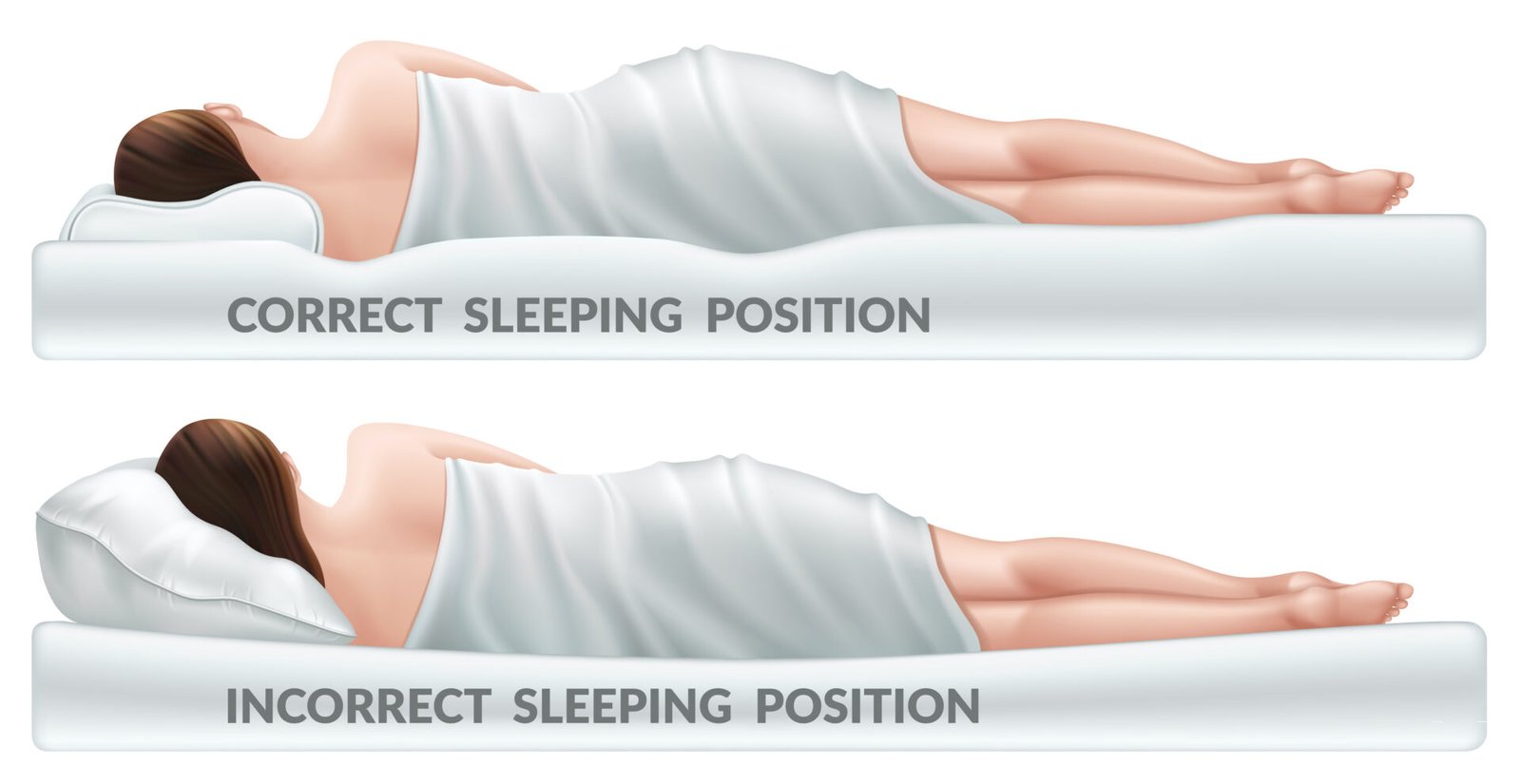
Phone Apps for Symptom Tracking
Monitoring symptoms is essential for identifying patterns, recognizing triggers, and adjusting treatment plans in POTS. Mobile apps simplify daily tracking, providing structured insights that support long-term management and doctor-patient communication.
Benefits of Symptom Tracking Apps
Using health monitoring apps allows individuals to collect relevant symptom data, improving treatment precision and personal awareness.
- Help identify symptom progression over time – Establish trends in fatigue, dizziness, heart rate fluctuations, and medication effectiveness.
- Simplify communication with doctors – Provide structured reports that help healthcare providers adjust treatment strategies.
- Provide trend analysis for flare-ups and recovery – Recognize patterns that lead to worsening symptoms or identify successful management techniques.
Features to Look For
Selecting the right symptom tracking app ensures comprehensive data collection and accessibility, making health management more efficient.
- Customizable symptom logs – Enables users to track specific symptoms, including severity, duration, and associated triggers.
- Data export for medical visits – Allows individuals to share reports with doctors, improving diagnostic accuracy and treatment planning.
- Medication reminders and hydration alerts – Helps maintain consistent fluid intake and ensures timely medication adherence, preventing missed doses.

UV Protective Clothing
Sun exposure can worsen heat intolerance, trigger dizziness, and affect circulation, making UV-protective clothing an essential tool for outdoor symptom management.
Why UV Protection Matters
UV-blocking fabrics provide barrier protection against excessive heat, reducing symptom intensity during outdoor activities.
- Shields skin from excessive heat and sunlight exposure – Prevents body temperature spikes, reducing fatigue.
- Supports cooling and moisture control – Breathable materials help regulate temperature and perspiration levels.
- Prevents UV-related fatigue triggers – Reduces stress on the autonomic system, preventing sun-induced exhaustion.
Best UV Clothing Features
Choosing UV-protective garments ensures optimal coverage and cooling benefits for outdoor environments.
- Breathable, lightweight materials – Encourage air circulation, preventing overheating and excessive sweating.
- UPF-rated fabrics for full protection – Block UV rays effectively, minimizing sun-related strain.
- Long-sleeve and hat options for extended coverage – Provide additional protection for sensitive areas, reducing heat-triggered symptom flares.

Portable Seating
Standing for extended periods can increase fatigue, dizziness, and circulation strain in POTS patients, making portable seating solutions essential for energy conservation and symptom relief.
Benefits of Portable Seating
Using portable seating during activities prevents excessive exertion and reduces autonomic stress.
- Prevent overexertion during long outings – Allows individuals to sit and rest, minimizing energy depletion.
- Offer stability for dizziness episodes – Provides support if symptoms suddenly worsen, preventing falls.
- Improve comfort while traveling – Ensures postural relaxation, preventing strain-related fatigue.
Choosing the Right Portable Seat
Selecting the best portable seating option ensures ease of use, accessibility, and symptom prevention.
- Foldable, lightweight designs for easy transport – Convenient for travel or outdoor events, minimizing space constraints.
- Adjustable height options – Support personalized comfort, adapting to different environments.
- Compact travel-friendly sizes – Make it easy to carry and store, ensuring accessibility wherever needed.
Do you find a difference in your symptoms based on a weather change?
Frequently Asked Questions
What are the best non-medical tools for managing POTS?
Compression garments, electrolyte supplements, cooling aids, and ergonomic supports help improve circulation, hydration, and symptom tracking.
How do electrolyte drinks help with POTS symptoms?
Electrolyte drinks replenish sodium, potassium, and magnesium levels, ensuring better blood pressure regulation and fluid retention.
Why are salt tablets beneficial for POTS patients?
Salt tablets boost sodium intake, helping maintain blood volume and prevent dizziness caused by orthostatic intolerance.
How can shower chairs improve daily comfort?
Shower chairs provide postural support, allowing individuals to rest while bathing and reducing exertion-triggered dizziness.
What mobility aids help conserve energy with POTS?
Grabber tools, anti-fatigue mats, and portable seating help minimize excessive movement, reducing symptom severity.
How do cooling towels and fans support temperature regulation?
Cooling towels absorb body heat while fans improve airflow, preventing heat-induced fatigue and autonomic instability.
Why is symptom tracking important for POTS management?
Tracking symptoms helps identify triggers, manage flare-ups, and adjust treatments based on trends and recovery patterns.
How do UV-protective clothes help with POTS symptoms?
UV-protective clothing shields against excessive heat exposure, preventing fatigue and supporting moisture control.
What are the benefits of body pillows for POTS patients?
Body pillows support spinal alignment and joint cushioning, improving sleep posture and reducing overnight discomfort.
How can portable seating improve outdoor activities?
Portable seats allow individuals to rest when needed, preventing overexertion and reducing dizziness-related falls.
Final Thoughts
Non-medical aids play a critical role in managing Postural Orthostatic Tachycardia Syndrome (POTS), offering effective solutions for circulation, hydration, mobility, and symptom control beyond traditional medications. By integrating compression garments, electrolyte support, temperature regulation tools, and ergonomic adjustments, individuals can stabilize daily function and reduce symptom severity.
Using practical tools tailored to POTS-related challenges enables greater independence, increased comfort, and proactive symptom management. While every individual’s needs differ, having access to non-medical strategies ensures better quality of life and long-term stability, making daily activities more manageable and less physically demanding.
Have you found stress management to be a key part of your POTS care?
